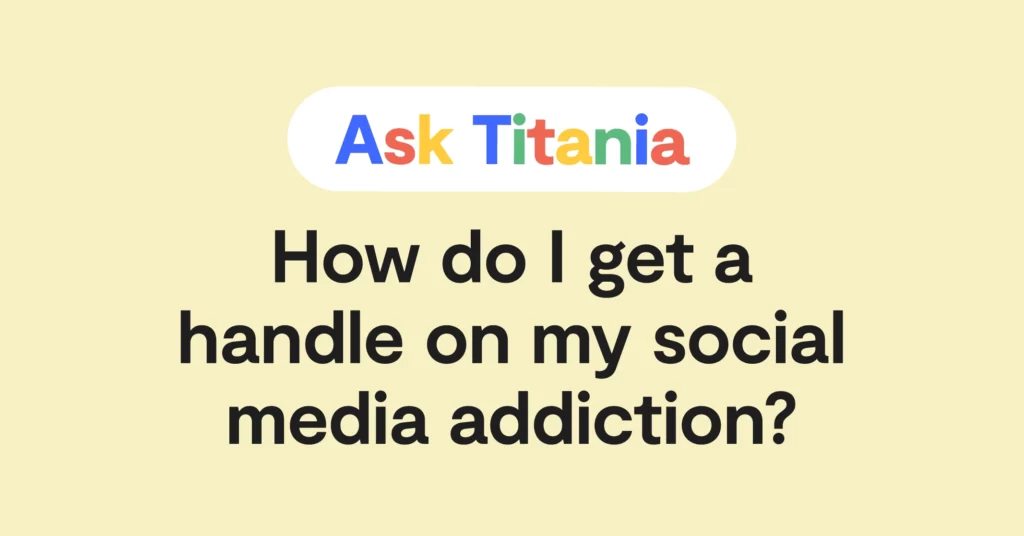
**Please note: This blog post was updated on March 30, 2023.**
Note: We use both “autistic kid” and “kid with autism” throughout this blog post to honor the fact that different individuals prefer to be referred to differently.
When you have a child with autism, you undoubtedly have an awesome child. Autistic kids each have unique strengths and challenges, and supporting your own kid through everything that makes them them can certainly be a journey. To help make that journey a little bit easier, we want to share some information about the issues many children with autism can encounter online.
Of course, it’s worth saying that all of these issues are ones neurotypical teens and tweens go through too, and that not every child with autism will be vulnerable to each of these situations. If nothing else, we hope this is a helpful reminder that having more conversations about online safety and putting more safeguards in place can only help.
Autistic Kids and Cyberbullying
“Cyberbullying is honestly my biggest issue,” explains one parent on our team who has an autistic kid. Social cues and sentiment can be tricky for anybody to pick up on over text, but for autistic children who have trouble in this area already, the struggle can be magnified.
When kids are in a group chat together, friendly banter can quickly turn into exchanging pointed, barbed insults. A child with autism may have trouble identifying when others in the group are picking on them, and so won’t know to speak up or seek help from a parent. “Bark has alerted me to several of these scenarios where I am able to sit him down and explain that a true friend doesn't say these things to you and that it’s not okay,” one parent shares.
How you can help
Take some time to talk through what it means to be a good friend. Try to focus on concrete examples, rather than talking about more abstract concepts like kindness. Instead of saying, “It’s not okay if kids are mean to someone in a group chat,” say something like, “If the kids in a group chat are all saying mean things about one kid’s appearance, personality, or abilities, that could be bullying.”
Grooming
Online predators are very skilled at engaging kids in a relationship with subtlety, and it can be tricky for anyone — a child, an adult, someone with autism, or someone who’s neurotypical — to identify that grooming is taking place. A kid who has difficulties with social cues can find it even tougher to notice that someone online is acting inappropriately.
One trick predators often use is to connect with a child through an interest they have. Kids with autism can be hyper-focused on a topic and may be thrilled to find someone who’s willing to chat with them about it. Their excitement can prevent them from recognizing that the attention they’re being shown is inappropriate.
How you can help
Facts and straightforward guidelines are often helpful for autistic kids. Instead of saying, “grooming is a serious problem!” it may be useful — if appropriate for their age and maturity level — to give them data to convey just how serious this is. Below are a couple of points that may be useful.
Data:
- Over 10,000 children in the U.S. are sexually exploited each year.
- There are about 500,000 online predators active each day.
- A bond can be formed between a child and an online groomer in only 8 minutes.
Helpful rules:
- If someone online asks you where you go to school, what your address is, or if you would like to meet them, tell me immediately.
- If someone online asks you to keep a secret, come tell me.
- If someone online starts talking about sex, come tell me.
Self-Regulation
If you’ve ever started browsing Pinterest for home DIY ideas or stumbled down a Netflix rabbit hole, you know just how tough it can be to disconnect from technology. This is pretty much a universal struggle, but it can be even tougher for some kids with autism — who can often have difficulties with impulsivity, self-regulation, and time management.
Issues with impulse control can appear in many different ways. Sometimes, they can lead to self-esteem issues (which are famously exacerbated by tech use). “My son will have a ‘tantrum or melt-down’ and break something then realize what he’s done and stress about it and have feelings of tremendous guilt,” one Bark parent explains. “In my experience with my own child, this has furthered his issues with low self-esteem.”
Other times, they can show themselves in difficulties using the internet in healthy ways. Another parent says that web filtering has been a great help for her child, as it prevents her from accidentally clicking on inappropriate sites. No matter your kid’s specific needs in terms of regulation, there are a number of things you can do to help them find more balance.
How you can help
It’s always a great idea to talk about why you have certain screen time rules, of course. This helps you bond with your child and build trust, rather than just implementing limits without discussing them as a family. You can even put together a tech contract so that the expectations are clearly outlined. But saying “only 30 minutes per day on TikTok” most likely isn’t enough — whether your kid is neurodivergent or neurotypical.
We’re here to support you by helping you set time limits, block specific apps and websites, and more.
Special Interests
For kids who are nonverbal or have limited speech, being able to communicate with other people online is an amazing opportunity. Despite all of the potential dangers the internet has to offer, its ability to connect people who share a passion or a life experience can be pretty awesome. Many autistic children have special interests — strong passions for learning about and talking about a specific subject, and can head to online forums to find people with similar interests.
For example, a teen might have a passion for exercise and find a thread on Reddit where they can discuss new workouts. While fitness is an awesome hobby, it can turn into an unhealthy obsession if appropriate boundaries aren’t put in place.
How you can help
It might sound simple, but be sure to listen as often as possible when your kid talks about one of their special interests! Being able to learn so much about something is a great strength, and showing that you care about the topic can be a great opportunity for you to bond.
Obviously, it’s not possible to always be available to chat and it’s pretty likely that your kid doesn’t want to exclusively talk to you (even if you are a cool parent). We are here to help you monitor their online activity to give you some peace of mind that you’ll be alerted if a potential predator is using their special interest to strike up a relationship, if their fitness love is showing signs of disordered body image, etc. You can also find more parenting help here.
This can help you relax and help your kid have some independence to build healthy relationships around the things they love most — something all autistic kids deserve.
Read more
Bark helps families manage and protect their children’s digital lives.





